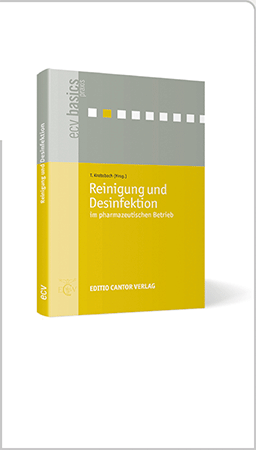Single-use Mini Scale Bioreactor Technology
How it Enables Higher Productivity of Protein-based Therapeutics in the Pharmaceutical Industry
Biotechnologie
Key Words Biologics | Bioprocess | Bioreactor | Fermentation | Single-use | Cell culture | Monoclonal antibody
Summary
Development of expensive to manufacture biologics continues growing worldwide, with pipelines including monoclonal antibodies and novel scaffold approaches to engineer therapeutic proteins. As a result, finding more cost-effective and efficient methods of improving upstream production of cell culture and microbial fermentation is a high priority for many biopharmaceutical firms.
Optimising upstream production requires significant process development and complex multifactorial statistical experimentation to develop process understanding of factors which impact product quality. One strategy to improve upstream production is to utilise mini single-use bioprocessing platforms that model large scale bioreactors to help select the most appropriate clone or strains and then optimise media, feed and process parameters. Identifying the right clone and optimising its culture process to maximise productivity can significantly reduce manufacturing timescales and costs.
Correspondence:
Mwai Ngibuini, York Way, Royston, Hertfordshire, SG8 5WY, United Kingdom;
e-mail: mwai.ngibuini@sartorius-stedim.com
 | Mwai Ngibuini Mwai Ngibuini is the ambr® 250 Global Product Manager, at Sartorius Stedim Biotech, Royston, UK. Prior to joining the company in 2012, Mwai spent eight years in bioprocess engineering and development scientist’s roles at a major biotechnology firm and contract research organisations. His expertise is underpinned by a masters’ degree in biochemical engineering from University College London. |
Summary
Development of expensive to manufacture biologics continues
Schließen Sie hier ein Abonnement ab und profitieren Sie von den vielseitigen Nutzungsmöglichkeiten.





